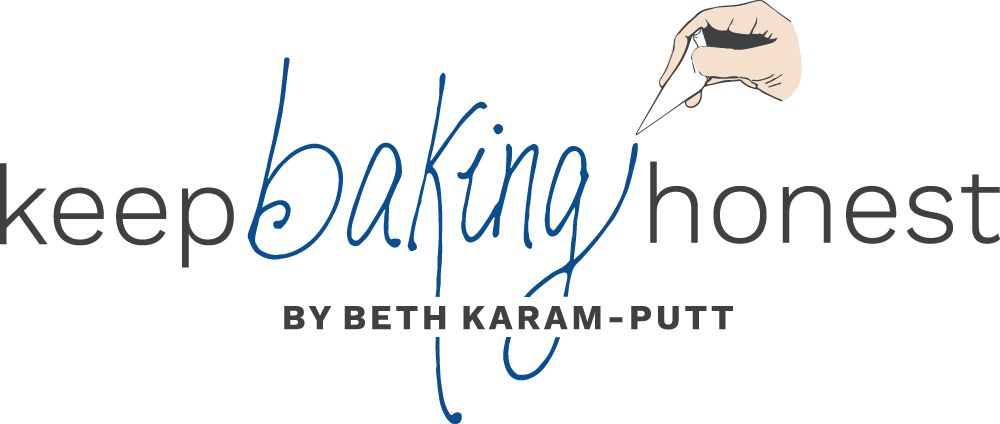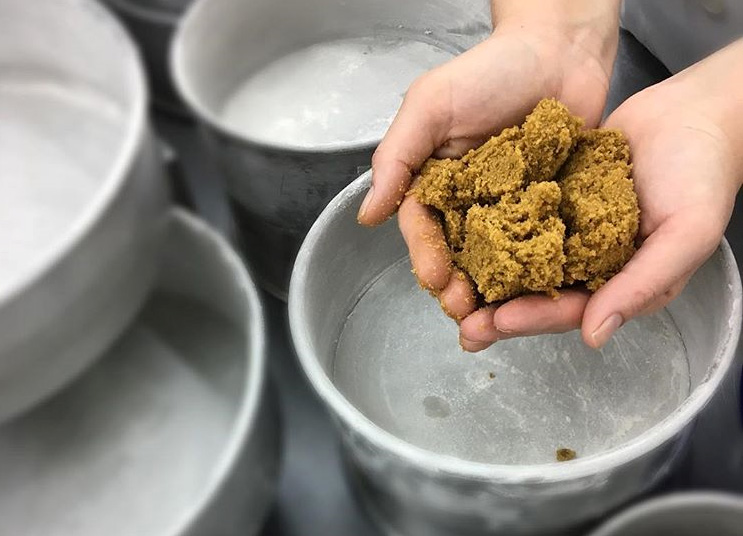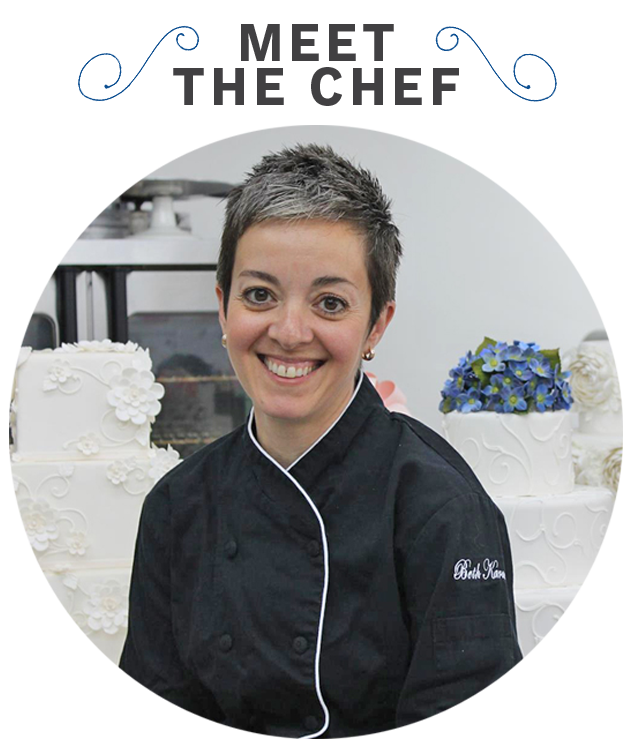In 1984 I began my official career in Pastry Arts. At that time, I was schooled and trained by mostly European Pastry Chefs, the kind who started their apprenticeship in their pre-teen years. At that time, Pastry Chefs possessed knowledge and skills so well-honed that they permeated their hearts, minds, and into their souls. Today, when I think of those chefs, many of them too old to work or I’m sure have passed, I get this welled-up feeling in my stomach. The feeling of longing to return to the time of true passion for the craft of Pastry and Cake making. When the act of creating dessert was first and foremost about taste . . . and without question, appealing to the eye. My mentors insisted that all baked goods, including decorated cakes, must look delicious and be a showstopper but not in the glamourized way it is today. I was trained to make cake and dessert with the very best ingredients available, scientifically studied, and skillfully crafted in a way that made all that we created the smell of sweet heaven and taste even more divine. Of course, emphasis was placed on a beautiful product, BUT always in keeping with respect for the final product . . . that it should never be adulterated in taste for the sake of beauty. We should, as professionals, present our craft with balance in both beauty and taste, neither attributes being compromised of their composition or quality.
Today, there is a constant balancing act for Pastry Arts professionals like me. Classic baking techniques were rigidly hammered into my work ethic from the early age of 18 to 24. When I first started my career, coworkers and I drove hard toward the same goal under our Chefs’ strict, military tutelage. Our end products were truly scratch-made with easily available premium ingredients, and we gratefully cherished and uplifted their in-season-only attributes. Because there was little to no room for error in the bakery kitchen, we understood and embraced that challenge with intense focus and excitement. Organization, collaboration, creativity with many rules, and sincere love for our work were our daily mantra and an incredibly satisfying reward for the product that naturally gave us pride in ourselves. These daily rituals in the pastry kitchen taught us at a very young age that if we respect ourselves and one another as professionals, we will in turn mirror the same respect in the products we create. As true Pastry Chefs, we want to share who we are, our love for what we do with our customers through our craft by being transparent about ourselves and in the product…by being completely HONEST.
When I began baking professionally, my sincerity about what I was learning was so important to me that I couldn’t help but want to share the excitement of something so true to itself, with everyone.
What affects so many of us multigenerational Pastry Chefs today is how to preserve the classic baking techniques of our thoroughly trained predecessors and meet the current, constant pressures of multimedia marketing of visually sensationalized cakes and desserts as well as their makers, and sadly, many who are not professionally trained. Pastry Chefs are being exploited and pressured by social media, food TV, YouTube, etc. to disrespect the truth behind the science, skilled performance, and emotional beauty of baking. I am a firm believer in pushing my creative limits, but what I always and naturally keep in check is to question how this push might affect the overall quality of the product. If that push to create will alter the integrity of what I was taught to believe in, then I simply will not do it. By this, I mean that the onslaught of hobby bakers and “cakers” has begun to infiltrate and alter the understanding behind decades of formally and intensely trained Chefs of Pastry and Baking. There is a huge difference and one that should be understood. With this, manufacturers of prefab cake mixes, icings, sugar molds, stencils, and tools have allowed the hobbyist to approach this type of work without fear of failure because they have eliminated the mastery of the skills that would normally take over a decade of learning.
Therefore, I believe in baking honestly. The scope of this belief is to encourage all who are interested or currently practicing the Art of Pastry to believe in the truth and science behind the physical act of baking honest cake and dessert, from the inside out and to be truthful about yourself and the technique that is being presented to the public.



Hi Beth, its Winnie in Toms River. I see no more cakes. Im sorry to see that but excited for you on other ventures. Congratulations. Chelsea just got engaged lol. It was a pleasure to be able to enjoy the best.
Hello Beth! It was such a pleasure for our family to enjoy your baking over the years, it will truly be missed. We wish you all the best in your endeavors! Our love to you and your family.
Joe & Sue Capozzi
This October 13th the KRS PTO is hosting a free fall festival on school grounds. We’ll have pumpkin bowling, cider and donuts, scarecrow stories, etc. It’s a classic, simple ode to fall, and the idea is to have a family event where the community can gather for 1.5 hours to celebrate the season and get to know one another. With needs in the KRS community growing, we want to acknowledge and embrace the opportunity for community building in a simple but sincere manner. We’re looking to secure sponsorship and donations for the fall festival to help us fund the low key experience to ensure it’s free and therefore attendance is encouraged and opportunities for our community are equitable. If you would offer us your consideration, it would be greatly appreciated. Sponsorship or donation includes advertising on our social media networks, signage at our event, and promotion in our newsletter.
Kind Regards,
Katie Zurich and Tammy de Freitas
Co-PTO Presidents of the KRS PTO